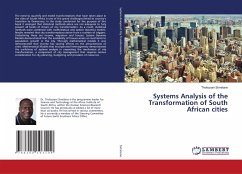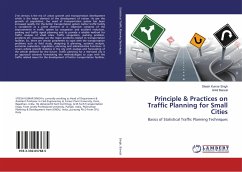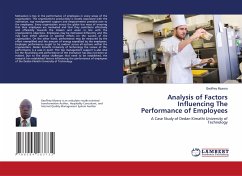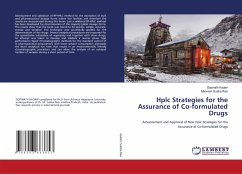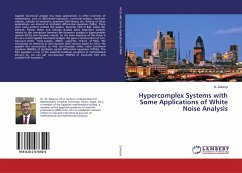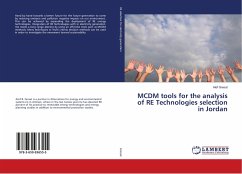The need to quantify and model transformations that have taken place in the cities of South Africa is one of the grand challenges linked to country's transition to Democracy. In the study conducted for the purpose of this book it emerged that statistical methods alone are not adequate to fully present all facets of drivers of city transformation. As a result, statistical methods were combined with mathematical and system dynamics models. Results revealed that city transformations derive from a number of triggers. Underlining these are income, migration and houses. System Dynamic Models demonstrated that the availability of houses serves as constraints to population growth in the city. Through mathematical models it was demonstrated that income has varying effects on the attractiveness of cities. Mathematical Models that incorporated heterogeneity demonstrated the usefulness of systems analysis in unpacking the mechanism of city transformation, a component of city management that requires serious consideration for city planning, budgeting and provision of resources.
Bitte wählen Sie Ihr Anliegen aus.
Rechnungen
Retourenschein anfordern
Bestellstatus
Storno

